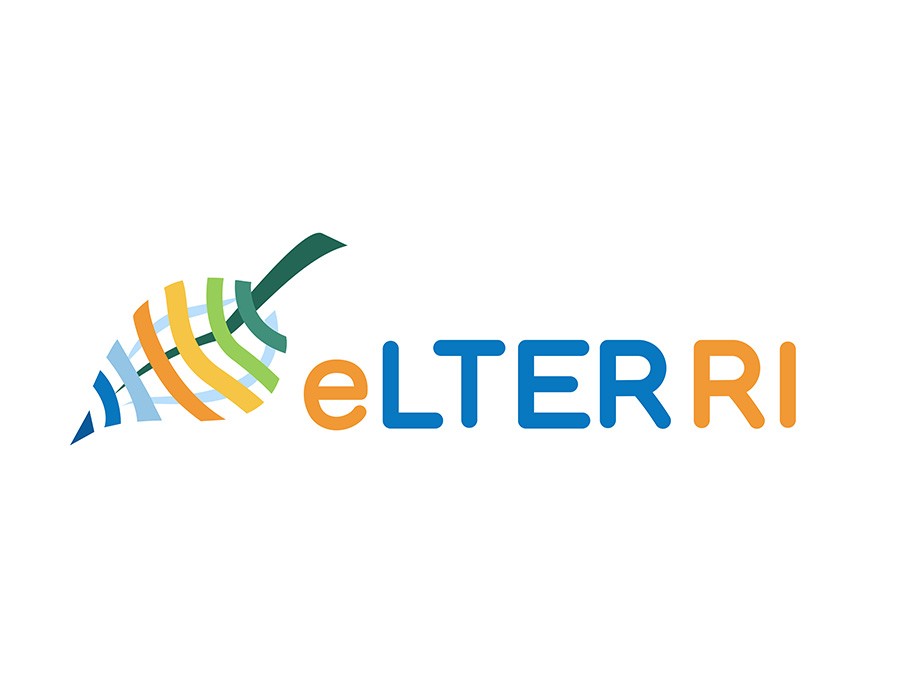The role of environmental RIs in the context of the current COVID-19 crisis: A position by eLTER
While the conference agenda focused on exemplary scientific case studies, data flows, interoperability and the implementation process for eLTER RI and more, the issue of the spreading pandemic and the potential for eLTER to provide support to European policy-makers and citizens was on every participant’s mind. With a sense of urgency, conveners introduced virtual workshops into the schedule to consider eLTER’s response to the pandemic. eLTER scientists have decided to embark on two activities, each of which have immediate policy and societal implications, and each of which utilizes eLTER’s unique research and data infrastructure. First, in anticipation of long-term needs and unforeseen global changes, we will utilize our network of socio-ecological research platforms (LTSER Platforms) and their teams to consider the characteristics of diverse geographic regions that will likely be important during the period of recovery and adaptation to new post-pandemic social, economic and environmental realities. Questions fundamentally important to human wellbeing and resilience will be addressed (e.g. how can the socio-ecological system within cities and regions be strengthened to buffer the social and economic shocks caused by the pandemic?). Second, through eLTER PLUS, in addition to applying our research infrastructure and observational data towards holistic monitoring of socio-ecological systems, e.g. water, soil and air quality and biodiversity and their benefits for resilient human societies, we will also refocus these efforts in light of the current massive social and economic disruptions. We will suggest policies to capitalize on positive trends and to mitigate negative impacts in these areas, while working to assure the return of wellbeing and security for citizens. Particularly because we have the capacity and infrastructure to monitor short to long-term impacts of the socio-economic impacts of policy responses to COVID-19 on water/soil/air quality, ecosystem functioning and ecosystem services, the eLTER RI can answer crucial pandemic-related questions such as whether there will be a long term effect of this pandemic on securing food production and other life-supporting ecosystem services. Long-term, real-time data provision is a core service of the eLTER RI, and the COVID-19 crisis has highlighted the crucial need for access to such data sources in order to advise policy makers and react appropriately from the regional to national and global scales. The pandemic threat, its impacts and the unintended effects of containment policies will be a major part of our lives for the foreseeable future. Just as it has prepared to address core grand challenges of global environmental change (climate change, biodiversity loss, etc.), eLTER is uniquely prepared to address many of the sustainability issues raised by the COVID-19 outbreak. eLTER has the tools - a committed international, multi-disciplinary team of scientists, established and instrumented ecosystem observation sites and a whole-system philosophical approach to environmental problem solving - to provide crucial information regarding the social and ecological impact of the pandemic and its aftermath. As such, eLTER is committed, in cooperation with regional and national authorities, businesses, civil society, and other scientific organisations and environmental research infrastructures, to provide science-based information to support policies for promoting resilient socio-ecological systems that can cope with challenges like the COVID-19 pandemic with minimal social and economic disruption.



